
 I finally saw the movie Rabbit-Proof Fence, the story of "half-caste" aboriginal children in Australia in the years of the "stolen generations," between 1900 and 1971. Forcibly removed from their mothers to be brought up in camps and homes, they were then "advanced" into white society, to work as domestic servants and farm laborers.
I finally saw the movie Rabbit-Proof Fence, the story of "half-caste" aboriginal children in Australia in the years of the "stolen generations," between 1900 and 1971. Forcibly removed from their mothers to be brought up in camps and homes, they were then "advanced" into white society, to work as domestic servants and farm laborers.In the movie, 3 young girls escape from the Moore River Native Settlement to walk home to near Jigalong, crossing 1000 miles of harsh terrain. The film is based on the true story of Molly Craig, who was taken from her mother at age 14, along with her 8-year old half-sister Daisy and her cousin Gracie Fields. Molly's story was recounted by her daughter, Doris Pilkington, in a book called Follow the Rabbit-Proof Fence.
I thought the movie was very powerful, with remarkable young girls in the leading roles. The part of Molly is played by Everlyn Sampi, from the remote community of Djarindjin in Western Australia. Everlyn's grandfather stowed away on a ship in the Glasgow Docks, made it to Australia, and then married an aborigine and had eight children, including Everlyn’s mother Glenys, who was herself taken into "protection" by the white authorities.
A documentary about the making of the film shows director Phillip Noyce searching through the outback for child actors and discussing the challenges of the movie. He seemed to be quite sensitive to the needs of the kids, hiring a mixed race actress to be their acting coach, and coming to understand how stressful the topic could be for them. The most moving scene in the documentary shows the day the cast enacts the moment when the 3 girls are forcibly taken from their mother. Afterwards, the cast and crew break down, overwhelmed by the subject and its traumatic reenactment.
The movie played to some defensiveness about the policy and its enforcer, A.O. Neville, Protector of Aborigines in Western Australia from 1936-1940, portrayed in the film by Kenneth Branagh. I'm wishing I'd seen it with Andrew and Suzie, my nephew and his wife from Papua New Guinea, or with my sister and other relatives in Australia.
Nearly one year ago, on February 13, 2008, Prime Minister of Australia Kevin Rudd read this Apology to Australia's Indigenous Peoples at the House of Representatives in the Parliament House in Canberra. Here is a tribute video to the film, with music by Peter Gabriel, who wrote the soundtrack. And another short video called Australia Says Sorry to Stolen Generation, that includes Kevin Rudd reading the apology.
This link, to Environmental Economics and Sustainable Development, a site by Brad Ewing, will take you to a piece about the unintended consequences of the rabbit-proof fence on the climate in Western Australia.





























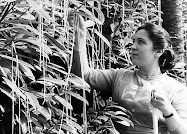


































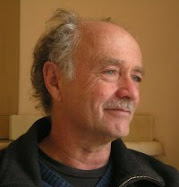











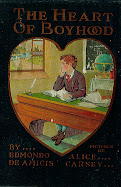





















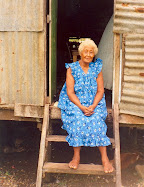


























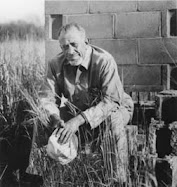









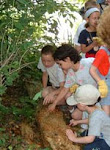.jpg)














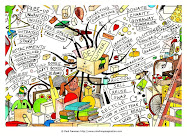






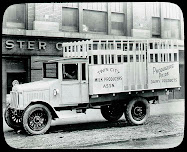





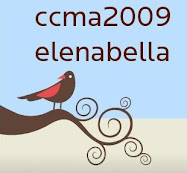




























































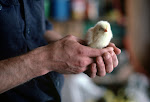
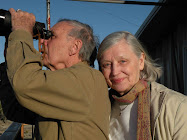
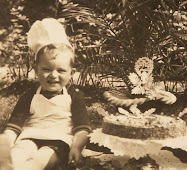














































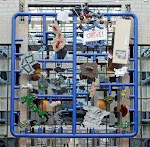.jpg)








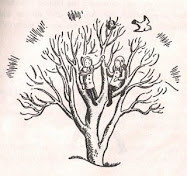







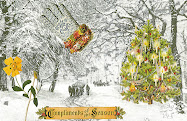



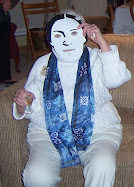





















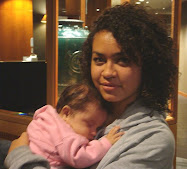






























































1 comment:
La película es una epopeya real, y demuestra la capacidad de aquellas niñas de sobrevivir en condiciones extremas, en su búsqueda de su hogar, recorriendo miles de kilómetros,vinyl chain link fence
Post a Comment